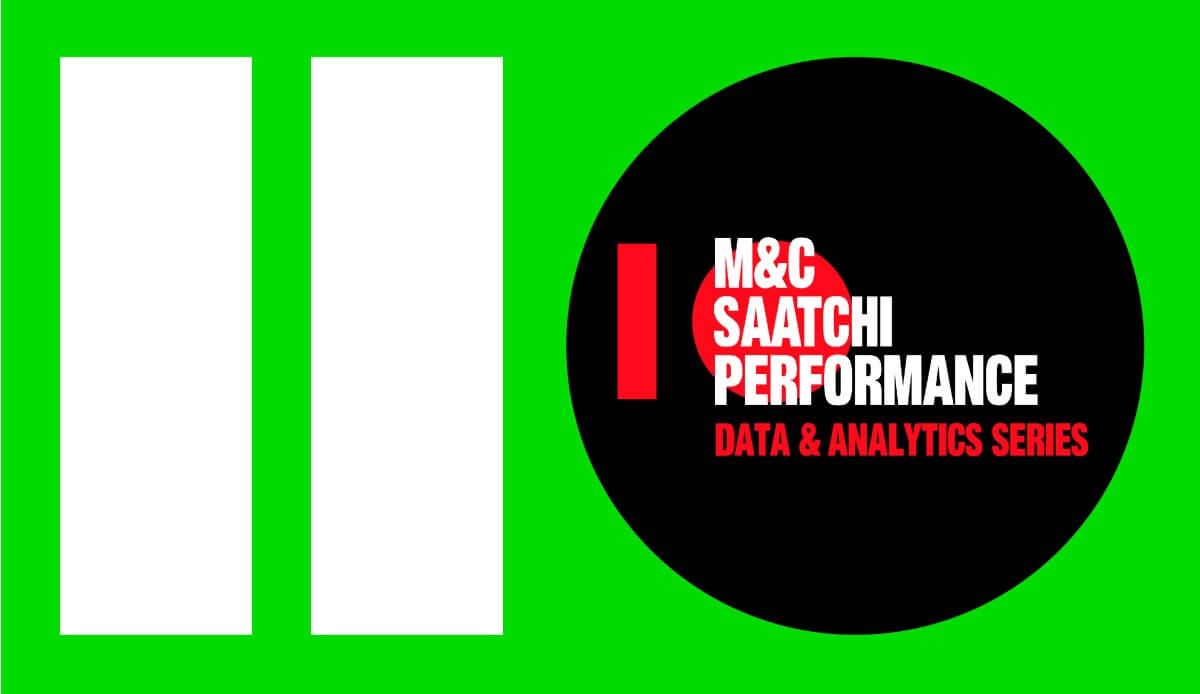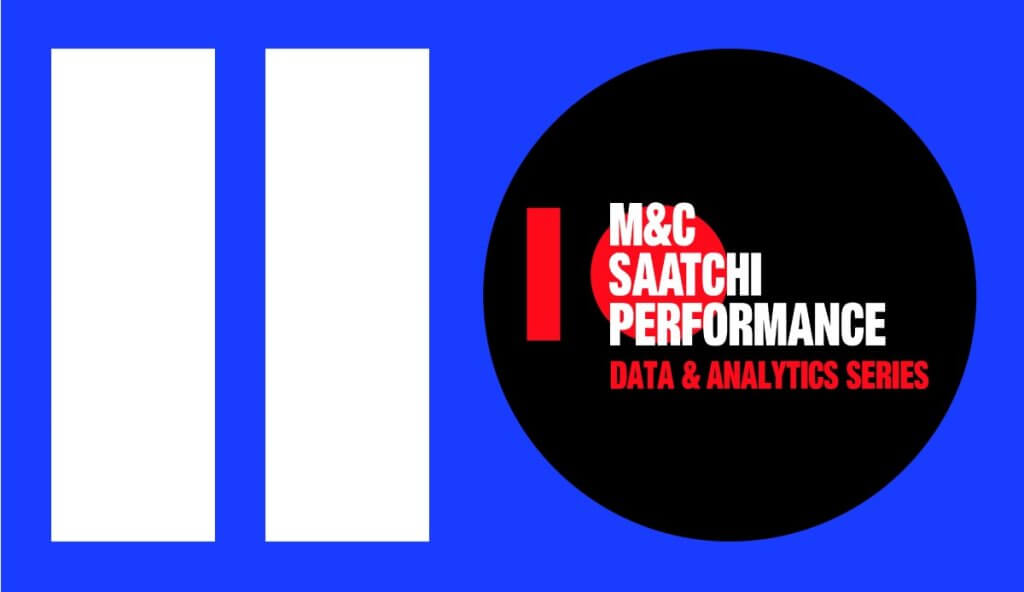
Not a day goes by without an AI news story hitting the headlines, with many aspects of the marketing world potentially being affected. From data and analytics to creative, the potential for AI to fundamentally change the way we work is significant. Here we examine some of the areas where AI could be useful in performance marketing.
Over the past six months, AI has captured everyone’s attention, largely thanks to the meteoric rise of ChatGPT. OpenAI’s ChatGPT reached 100 million monthly active users in a mere two months, outpacing TikTok, which took nine months, and Instagram, which took 2.5 years, to achieve similar user numbers. While AI’s popularity is undeniable, the key questions remain: “Is it genuinely useful?” and if so, “How should we, as marketers, leverage it?”.

DANE BUCHANAN
GLOBAL DIRECTOR OF DATA, ANALYTICS & TECH, M&C SAATCHI PERFORMANCE
“AI is great for making predictions – but humans are better at making judgments. AI won’t replace media planners anytime soon, but media planners who harness AI will definitely have an edge.”
As an agency, we delved into AI long before ChatGPT became the talk of the town. After all, we often refer to the teams as; “The minds behind the machines” because the human touch is essential to everything they do. There has been an influx of new “AI tools” in recent months, here we will not be reviewing specific tools but through our exploration and research, below are some areas where AI could be an excellent addition:
#1 Data Analysis
AI can be used to process and analyze large amounts of data and quickly identify patterns and trends which will improve the speed of decision-making and optimization.
#2 Automation
AI can handle repetitive tasks, such as social media posting, email marketing, data entry, and processing.
#3 Content Creation
Large Language AI Models like ChatGPT can generate ad copy or blog articles by offering ideas and drafting text based on specific guidelines and parameters.
#4 Audience Segmentation
AI can quickly and accurately segment audiences based on behavior, interests, and demographics, helping to optimize targeting and messaging.
#5 Creative
AI can automate your creative imagery, ensuring the right visuals are shown to the right audience at the right time, especially useful for e-commerce brands with multiple product lines.
#6 Media Planning Co-Pilot
AI can identify new audiences or trends to test, automate bid strategies, and suggest improved keyword groupings for search campaigns etc.
Adrienne Rice, Media Director adds;
“There are a couple of ways we are likely to see AI used for marketing in the future. Firstly, the ad platforms will use it to make targeting and bidding decisions. This is already happening with Google Performance Max and Facebook Advantage+, where you don’t provide any campaign parameters and their machine learning algorithms learn the most relevant users to target, which ad to show them, and how much they are worth.
This methodology will continue to develop and expand as more ad vendors move in this direction. This means Growth Managers will need to work even more closely with Product and Creative teams so that they really understand the brand and what resonates with users.
Secondly, AI will lower the barrier of entry to performance marketing by solving some common pain points such as restraints on creative resources and content creation. Typically these take a lot of time and skill and many small advertisers don’t have the budget to invest fully and are therefore restrained in how and where they can run advertising. With AI already driving a lot of the buying function, creative is now the most influential lever a brand can pull to drive performance.
AI tools can help create customized images and ad copy at the tap of a mouse. This tool is already in the process of being incorporated into Google AdWords, and the result will be a higher number of smaller advertisers choosing to run advertising campaigns, and as a consequence (hopefully) more creative testing which should result in better performance for these smaller brands. However, advertisers should be mindful that AI is not always accurate or truthful, so it does require a human eye to review all creative and messaging that is generated to make sure it makes sense, is appropriate and resonates with another actual human on the receiving end.”
KEY TAKEAWAYS
AI is not a panacea, human judgement and intuition still play a critical role in marketing. Although AI can deliver valuable guidance and recommendations, it still relies on vast amounts of clean, processed data to be effective. Ultimately, the optimal approach combines AI for automation with human expertise for interpreting results and making strategic decisions.
Contact us to find out how our Data Analytics & Tech experts can help you in maximizing your marketing ROI.

